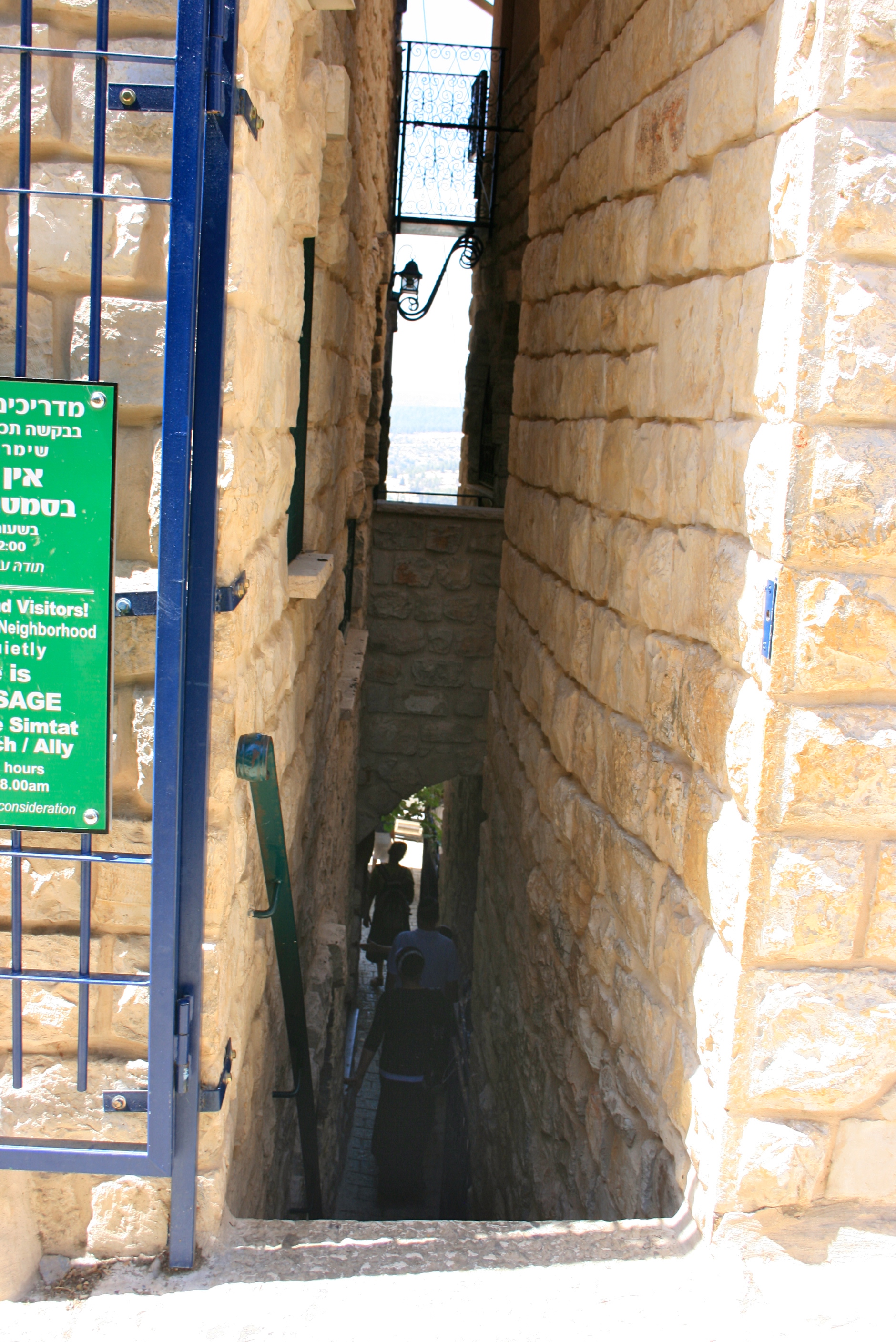It's the end of the world as we know it. The Messiah might already be here, but who is he, what's going to happen, and when?
WHAT’S MISSING
The Messiah.
Although Jewish tradition ascribes several ancient figures with messiah-like attributes — such as King David, several Jewish prophets, Cyrus the Great, and Alexander the Great — Judaism has never recognized an actual end-of-the-world messiah. Predicated on an historical transformation that will usher in a new world era, Judaism does not believe that such an age has yet arrived. So we’re waiting!
WHY WE CARE
The Jewish messianic tradition suggests that we all have a role to play in bringing about the Messiah. From observing all the mitzvot (commandments/deeds) to moving to Eretz Yisrael (the Land of Israel), to studying Torah, we can cause the Messiah to appear and create a new world of perfect peace and justice, where there is no more suffering or even death. This transformation will occur in this world, not the next, and will not supplant the Torah or our daily lives but instead sustain and enhance them. It’s a good thing!
Jewish tradition suggests that there is a Messiah alive in the world in every era, just waiting for the opportune moment to step forward. Pretty powerful incentive for us to do our best to create a better world.
FALSE MESSIAHS
Jewish history has seen the rise and fall of numerous people who have claimed to be, or who were thought to be, the Messiah. Messiah-fever often coincided with great peril for the Jewish community, when they were subject to significant persecution. A few significant ones:
1st century CE: hoping to claim the mantle of Messiah by rising up against the Roman occupation of Judea and its Jewish enablers, numerous rebels were executed for the crime of sedition against the empire. One of them was Jesus of Nazareth. Jews do not accept his messiahship because he did not fulfill many of the transformative requirements of such a figure.
2nd century CE: Simon bar Kochba led a rebellion against the Roman Empire — the last gasp of a Jewish revolt that had raged on and off for decades. But he lost and was executed, ending his chances of becoming the Messiah.
17th century CE: Sabbatei Tzvi is the closest the Jewish community has come to recognizing a Messiah. Declaring himself such in Gaza, he garnered thousands of prominent followers the world over and was expected to bring about both an historical and spiritual transformation. But in 1666 he converted to Islam, traumatizing the Jewish world for generations.
21st century CE: when Rabbi Menachem Mendel Schneerson, the leader of Chabad, died in Brooklyn in 1994, many of his Hasidic followers refused to believe that he had really died. So revered is he that many believe he will eventually return as the Messiah.
FUN FACTS
The Messiah is expected to be a direct male descendent of King David.
According to Maimonides, the Messiah is someone who studies Torah, observes the commandments, gets everyone in Israel to follow the ways of the Torah, fights God’s battles on earth, rebuilds the Temple in Jerusalem, and ingathers all the exiles from around the world back to Israel.
During the 20th century in Tsfat, Yocheved Rosenthal climbed the stairs by her home every day to wait with two cups of tea — one for her and one for the Messiah in case he appeared that day.
Have any Jewish friends named Alexander? It comes from Alexander the Great. After his visit to Jerusalem in 329 BCE, the Jews were so grateful for his support that they decided to name any sons born the following year after him.
© Jason Harris 2019
Messiah’s Alley in Tsfat, where one tradition holds that the Messiah will appear upon his entrance to Tsfat. Yocheved Rosenthal climbed these stairs everyday for decades, anticipating his arrival.
Rabbi Menachem Mendel Schneerson. Photo credit: Ohel Chabad


